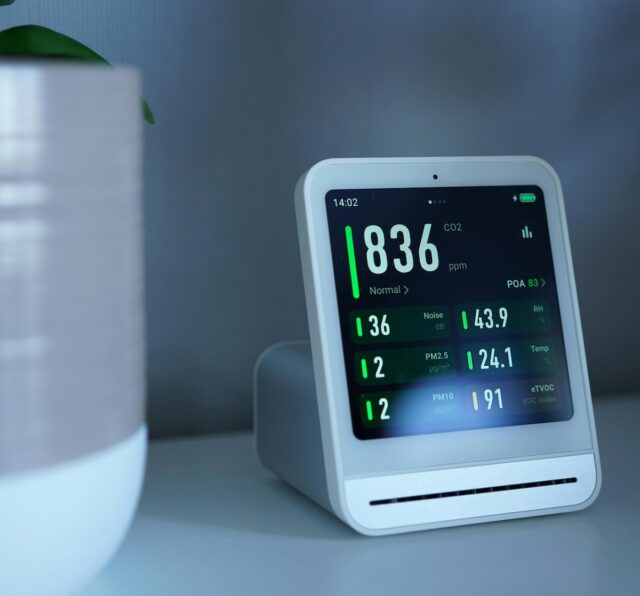The adoption of solar panels in homes and businesses is ever-increasing, especially in the context of a global move towards sustainable energy. One of the frequent concerns homeowners have is how these panels perform throughout the different seasons, given the varying British weather. In this article, we’ll traverse through each season, shedding light on the performance of solar panels and how they weather the intricacies of the British climate.
Spring: A Time of Renewal and Rising Solar Potential
As winter recedes, spring emerges with longer daylight hours and a general uptick in solar radiation. This season is particularly promising for solar panels in the UK for several reasons:
- Crisp Sunlight: Spring days, especially from late March to May, often offer clear, crisp sunlight. This is conducive to efficient solar energy production.
- Optimal Temperatures: Solar panels, contrary to popular belief, don’t always fare well in extreme heat. Spring offers moderate temperatures, which can be ideal for maximum efficiency.
However, spring in Britain can be unpredictable with occasional showers and cloudy days. Yet, even on overcast days, solar panels can still produce around 10-25% of their regular capacity, thanks to diffused sunlight.
Summer: The Peak of Solar Performance
The sunniest season of the year, summer, understandably brings with it the highest solar potential:
- Long Daylight Hours: With the longest days occurring around the summer solstice in June, there’s an extended window for solar energy production.
- Intensity of Sunlight: Direct sunlight is more frequent, allowing for peak performance of solar panels.
Yet, it’s worth noting a few nuances:
- Heat Impact: While summer offers the most sunlight, extremely hot days can slightly reduce the efficiency of solar panels. However, the overall increase in sunlight hours tends to offset this minor drop in performance.
- Positioning Matters: South-facing panels will reap the most benefits during summer, but even east or west-facing installations will capture substantial sunlight.
Autumn: Gradual Decline but Consistent Production
As the earth tilts away from the sun, autumn introduces shorter days and a decline in sunlight intensity. However, solar panels continue to offer consistent energy production:
- Moderate Temperatures: The mild temperatures of autumn, similar to spring, can be quite beneficial for solar panel efficiency.
- Leaf Fall and Maintenance: As trees shed their leaves, homeowners should ensure that no debris accumulates on their panels. Regular checks and occasional cleaning can keep the energy production optimal.
Despite the increasing cloud cover and the occasional misty day, solar panels in autumn can still harness a significant amount of energy, ensuring a reduced dependency on the grid.
Winter: The Challenging Months with Silver Linings
Winter is undeniably the most challenging season for solar energy in the UK. Shorter days, lower sun angles, and frequent cloud cover reduce the hours of sunlight available:
- Snow and Frost: Snow-covered panels can’t produce electricity, but the good news is that the panels’ smooth surface usually makes it easy for snow to slide off. Additionally, a small amount of sunlight absorbed can melt the snow, restoring the panel’s function.
- Low Sun Angles: The sun remains lower in the sky throughout winter, reducing the direct impact on panels. However, modern solar installations often come with tracking systems that adjust the angle of panels to capture the most sunlight possible.
- Bright Winter Days: It’s worth noting that clear winter days can be incredibly bright, thanks to the reflective nature of snow. On these days, solar panels can perform exceptionally well, sometimes even surpassing expectations.
The British climate, with its unique challenges and advantages across the seasons, offers a varied landscape for solar energy production. While summer is undoubtedly the superstar for solar output, the other seasons, each with its own set of characteristics, contribute significantly to the yearly energy tally.
It’s essential to remember that while seasonal variations do impact solar performance, other factors, like the quality of panels, their positioning, and regular maintenance, play equally crucial roles. With the right setup and care, solar panels in the UK can offer sustainable and efficient energy solutions throughout all of the seasons.
